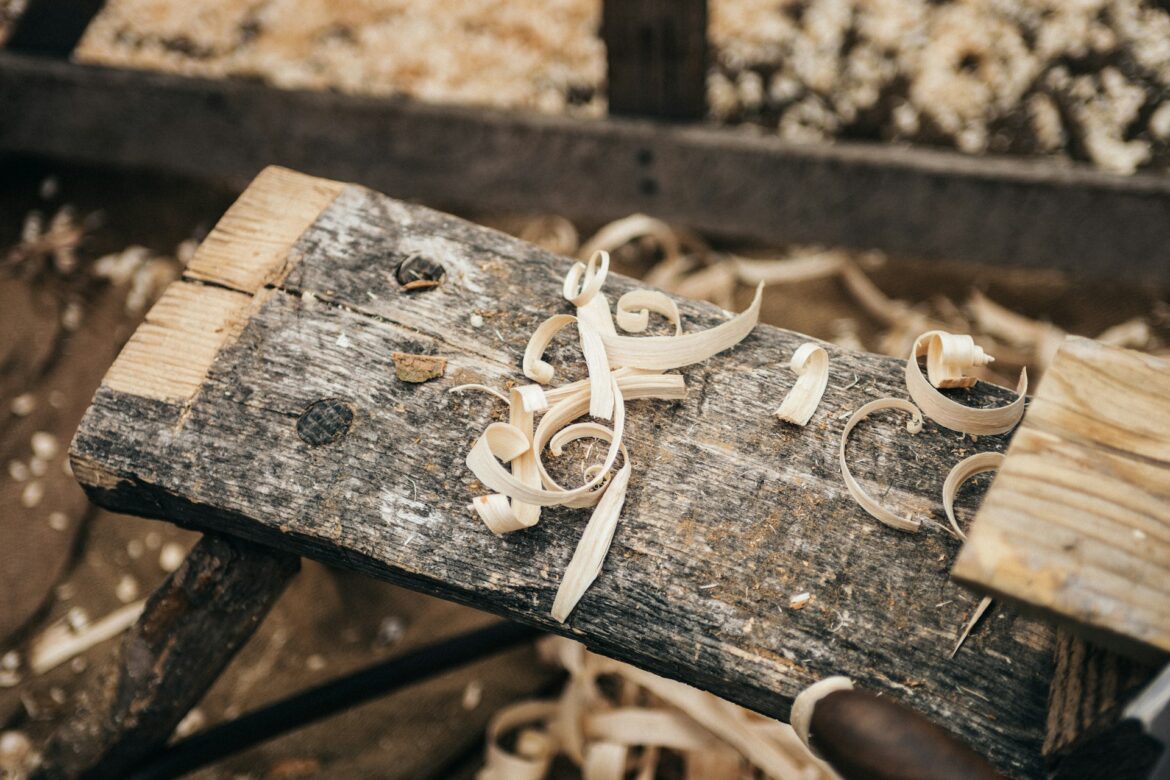Woodworking is an incredible talent to have under your belt. From cabinetry to furniture and carpentry, artists can craft beautiful and functional objects using a variety of tools and techniques.
Whether you’re a professional with years of experience in the trade or are looking to start a new craft, here are some top tips to refine your woodworking skills.
Always measure twice
Before cutting a piece of wood, always double-check your measurements – it’s better to be safe than sorry. You can make these measurements and marking layouts much more accurate by using a drafting square, a T-shaped instrument that acts as a guide for drawing horizontal lines on a drafting table.
Take care of your tools
Like the materials you work with, understanding how to properly use your tools is important. If you find that your project isn’t going as intended despite exercising the correct technique, it’s possible you’re either not using the best equipment for the job or you need newer tools.
Ensure that all of your blades and wood drill bits are efficient and sharp since dull edges can damage the woodwork. After each use, make sure to wipe them clean with a dry cloth and lubricate any moving parts.
Use the right type of wood
What you may not realise is that the type of wood you use in your building project matters. You must know the correct moisture content before it’s used, otherwise you may face problems with the structural integrity of your build. Wood that is dry may swell or crack, whereas wood high in moisture can shrink or warp.
A failsafe way to figure out what type of wood you’ll be building with is to use a moisture meter.
Practice makes perfect
While this may seem an obvious one, practising your skills is important. It takes time to perfectly learn a craft and woodwork is no different. In fact, there are so many skills required during certain projects that it’s impossible to know everything from the outset.
If you find it difficult to learn a particular skill on your own, consider hiring a tutor or joining a class. That way, you gain access to unparalleled expertise and are sure to learn at a much faster, and much safer, rate. There are also plenty of courses for seasoned woodworkers looking to freshen up on skills they have already learnt over the years.
Start small and work from there
Once you’ve learned the basics, it’s time to put them to use. Try your hand at simple wooden pieces like bookends and birdfeeders, gradually building your way up to bigger items such as bookcases or dining room furniture.
322
previous post

